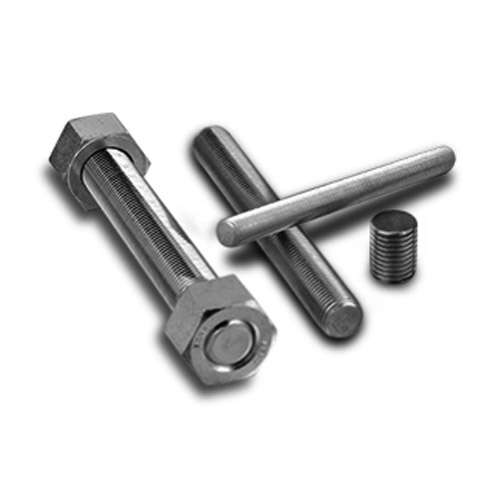fuel hose pipe
Dec . 10, 2024 05:34 Back to list
fuel hose pipe
The Importance of Fuel Hose Pipes in Automotive Systems
Fuel hose pipes play a crucial role in the automotive industry, serving as vital components responsible for the transportation of fuel from the tank to the engine. Understanding the functionality and importance of these hoses can enlighten vehicle owners about maintenance practices and enhance their appreciation for automotive engineering.
Fuel hoses are specially designed tubes that must withstand various physical and chemical conditions. They are constructed from durable materials that resist fuel degradation and pressure. Typically, these hoses are made from rubber or synthetic materials that are reinforced with textiles or steel to provide additional strength and flexibility. Their design must accommodate the temperature fluctuations and pressures experienced within the fuel system of a vehicle.
One of the primary functions of fuel hose pipes is to ensure a continuous and reliable flow of fuel. Any disruption in this flow can have dire consequences, from reduced engine performance to complete system failure. For instance, a malfunctioning fuel hose can lead to fuel leaks, posing a risk of fire and environmental hazards. Regular inspection and maintenance of fuel hoses are therefore critical for vehicle safety. Signs of wear and tear, such as cracks, bulges, or leaks, should prompt immediate attention and replacement.
The evolution of fuel hose technology has significantly improved their durability and performance. Early fuel hoses lacked the robust characteristics required for modern engines, often leading to frequent replacements and higher costs for vehicle owners. Today's fuel hoses are engineered to withstand higher pressures, have enhanced resistance to temperature variations, and can handle various types of fuel, including biodiesel and ethanol blends. This advancement has contributed to increased vehicle efficiency and safety in an era where environmental concerns are paramount.
fuel hose pipe

Another key aspect is the compliance of fuel hoses with regulatory standards. Various organizations, such as the Society of Automotive Engineers (SAE), have established guidelines that ensure fuel hoses are manufactured to specific safety and environmental criteria. Complying with these standards not only guarantees the longevity of the hose but also protects the vehicle's fuel system from potential contaminants that can compromise engine performance.
Furthermore, the proper installation and routing of fuel hose pipes are equally vital
. Poor installation can lead to kinking or unnecessary stress on the hose, which may ultimately result in premature failure. Mechanics and automotive technicians must pay close attention to these aspects during servicing to prevent costly repairs down the line.Vehicle owners are often unaware of the critical role played by fuel hose pipes until an issue arises. Routine maintenance, including inspections of fuel hoses, should be a priority to prevent unexpected problems. It is advisable for owners to consult their vehicle's manual or a professional mechanic to understand the recommended maintenance schedule for their specific make and model.
In conclusion, fuel hose pipes are fundamental components of an automotive fuel system, facilitating the safe and efficient transport of fuel. Modern advancements in hose technology have led to improved durability and performance, while adherence to safety standards ensures vehicle compliance and environmental protection. By prioritizing regular maintenance and awareness of these vital components, vehicle owners can enhance their driving experience and contribute to overall vehicle safety.
